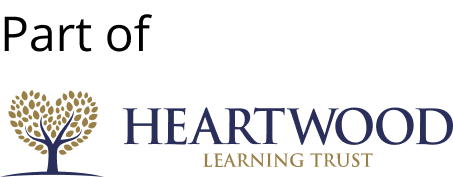The aim of the Personal Development curriculum is to provide our young people with the knowledge and skills to embrace the exciting opportunities this modern world brings, and to deal effectively with the challenges and risks they may encounter.
We want our pupils to clearly understand how to keep themselves (and others) safe and healthy (online and offline), to be accepting of diversity, to show empathy and kindness, and to make a positive contribution to their school, local, and wider communities.
Our Personal Development curriculum also plays a key role in the safeguarding of our pupils; adopting a preventative approach and signposting to people/organisations to offer support, advice and guidance. Our curriculum is also flexible and responsive to dealing efficiently with school, local and wider issues as they arise – providing a safe and supportive environment to discuss complex, sensitive and current topics.
Personal development in our school refers to:
- PSHE (Personal, social, health and economic wellbeing) – including Relationships, Sex and Health Education (RSHE), Physical health and Mental wellbeing education.
- SMSC – Spiritual, moral, social and cultural development.
- Character Education – developing resilience, values, respect for others, engaging in wider opportunities and actively being a good citizen.
- British Values – ensuring young people leave school prepared for life in modern Britain.
- Equality – understanding ‘protected characteristics’ and the importance of inclusion for all.
Our Personal Development Programme extends across the curriculum, incorporating the following resources into the framework of learning and experiences:
- Jigsaw
- No Outsiders
- Local Faith Leaders
- Votes for schools
What are ‘protected characteristics’ ?
The Equality Act became law in 2010. It covers everyone in Britain and protects people from discrimination, harassment and victimisation.
The Equality Act protects people against discrimination because of the protected characteristics that we all have. Under the Equality Act, there are nine protected characteristics:
- age
- disability
- gender reassignment
- marriage and civil partnership
- pregnancy and maternity
- race
- religion or belief
- sex
- sexual orientation
Exposure and explanation of these characteristics is of course age appropriate and is part of the carefully planned and sequenced PSHE curriculum.


